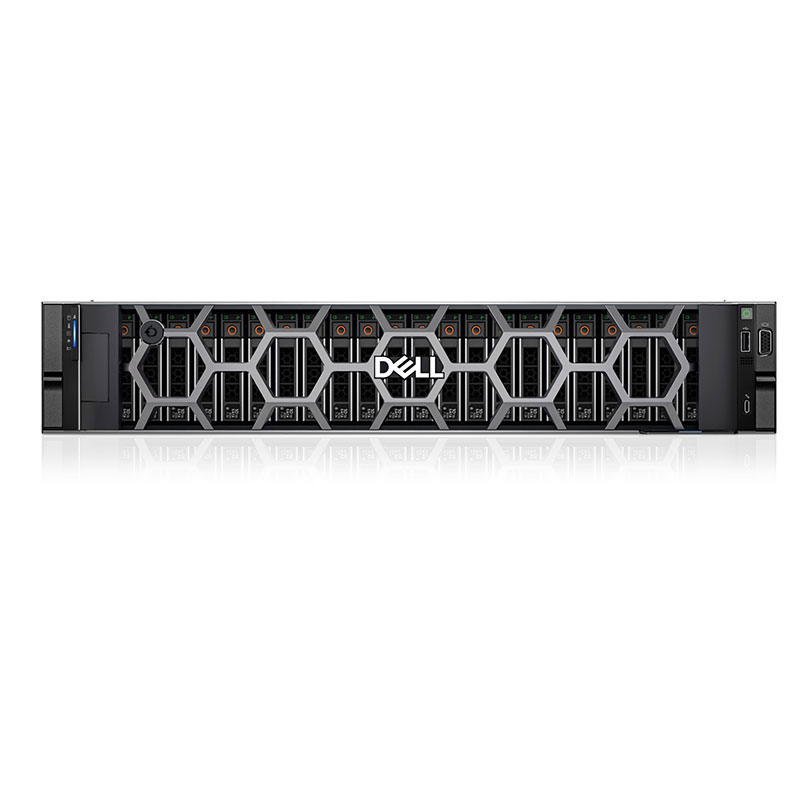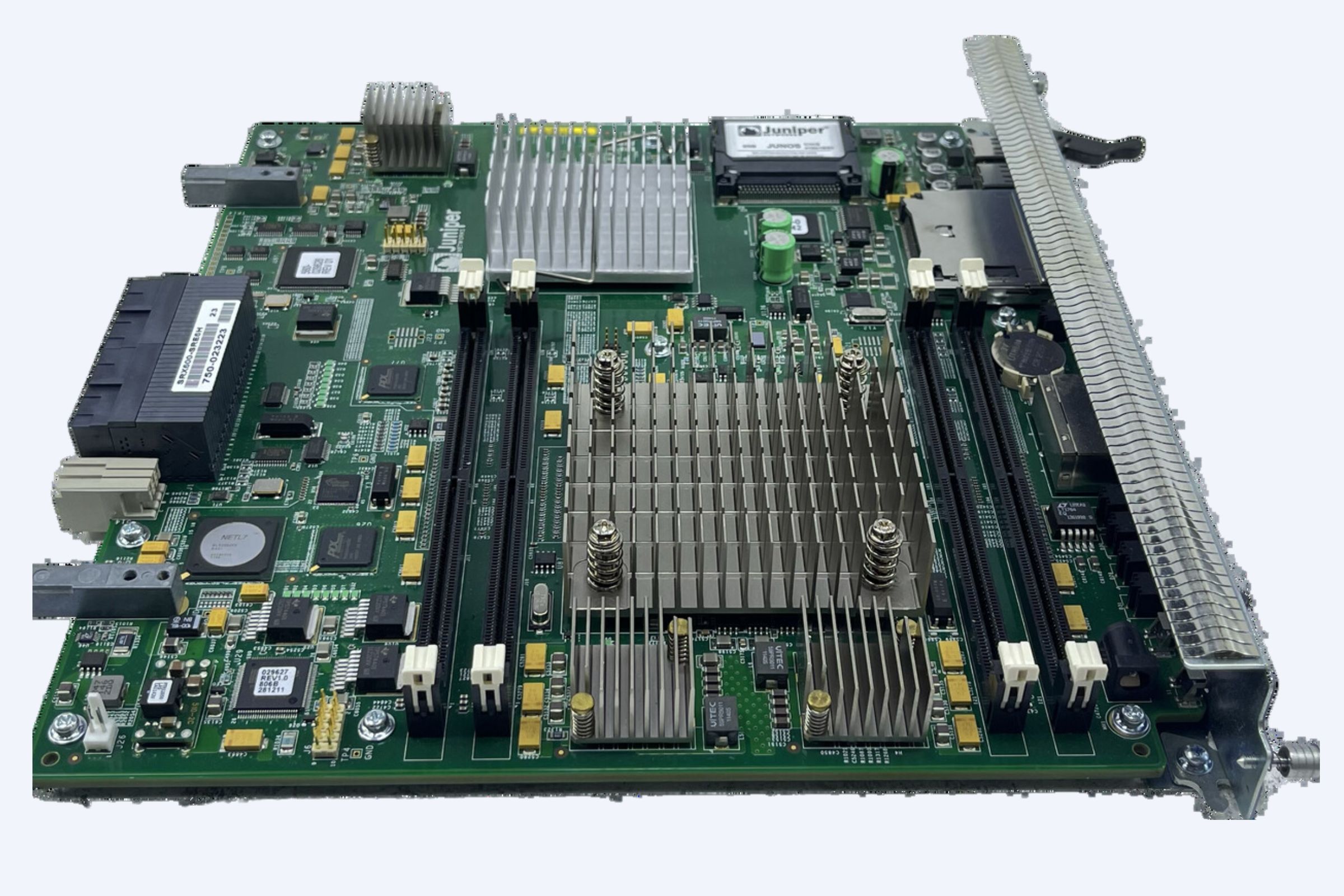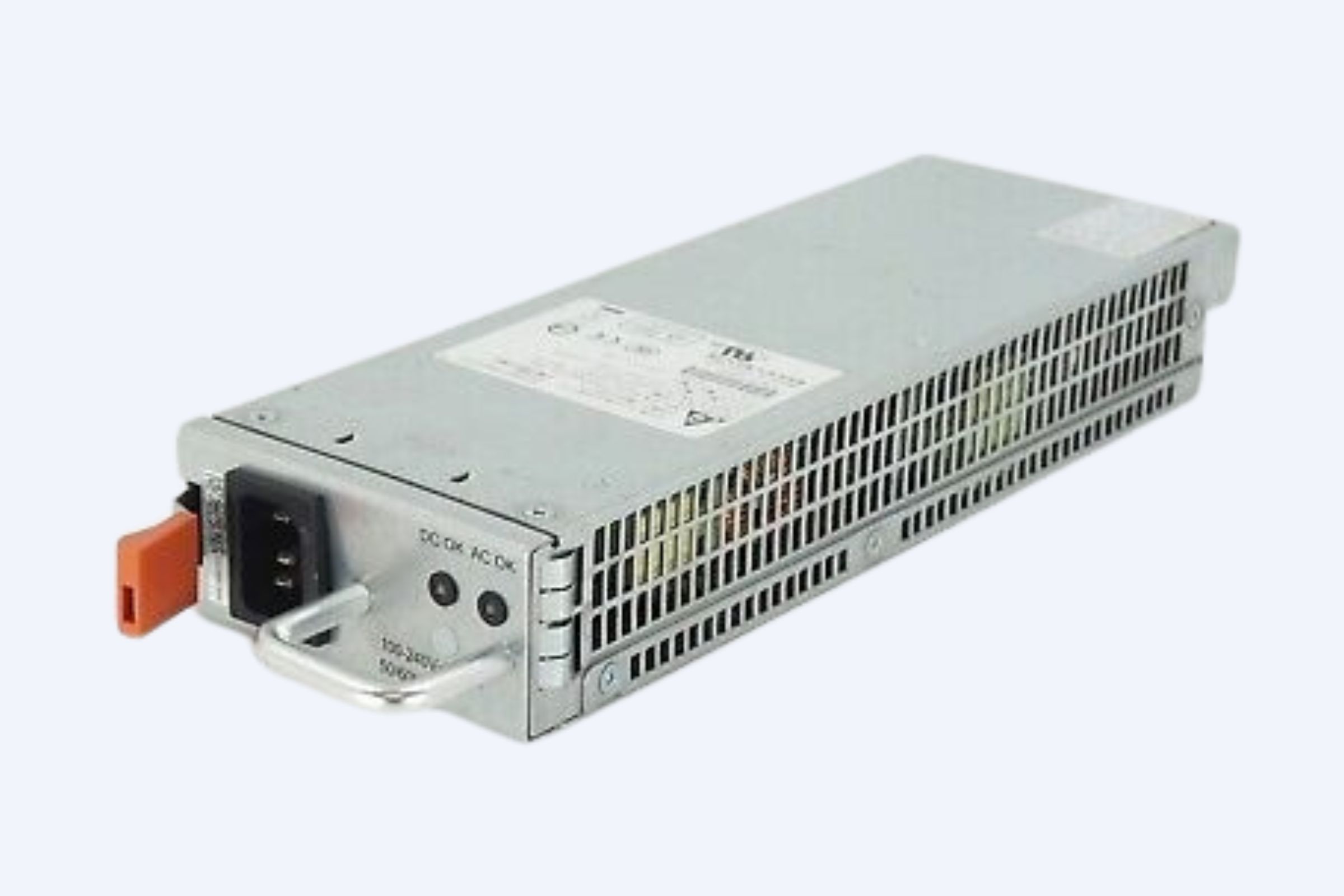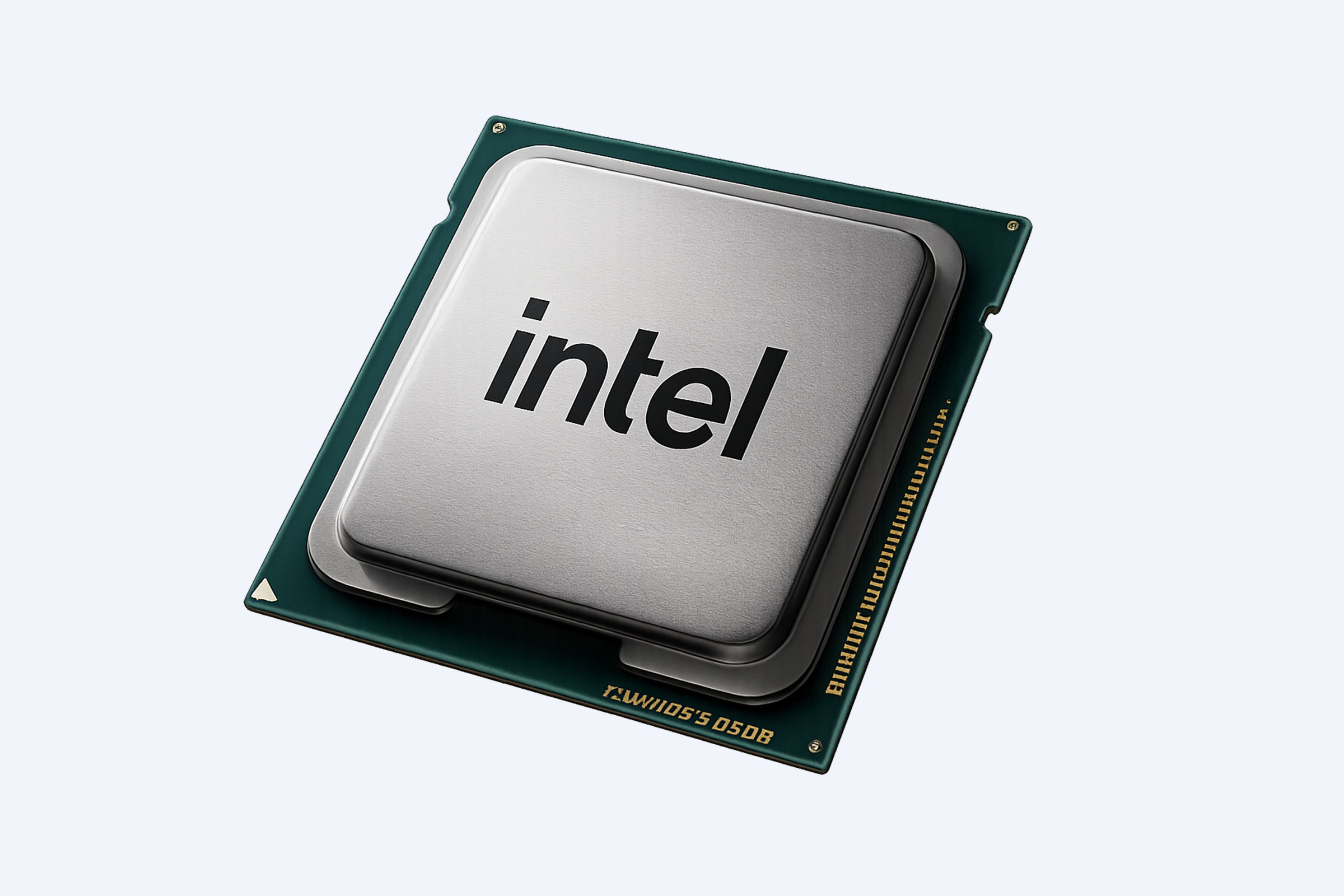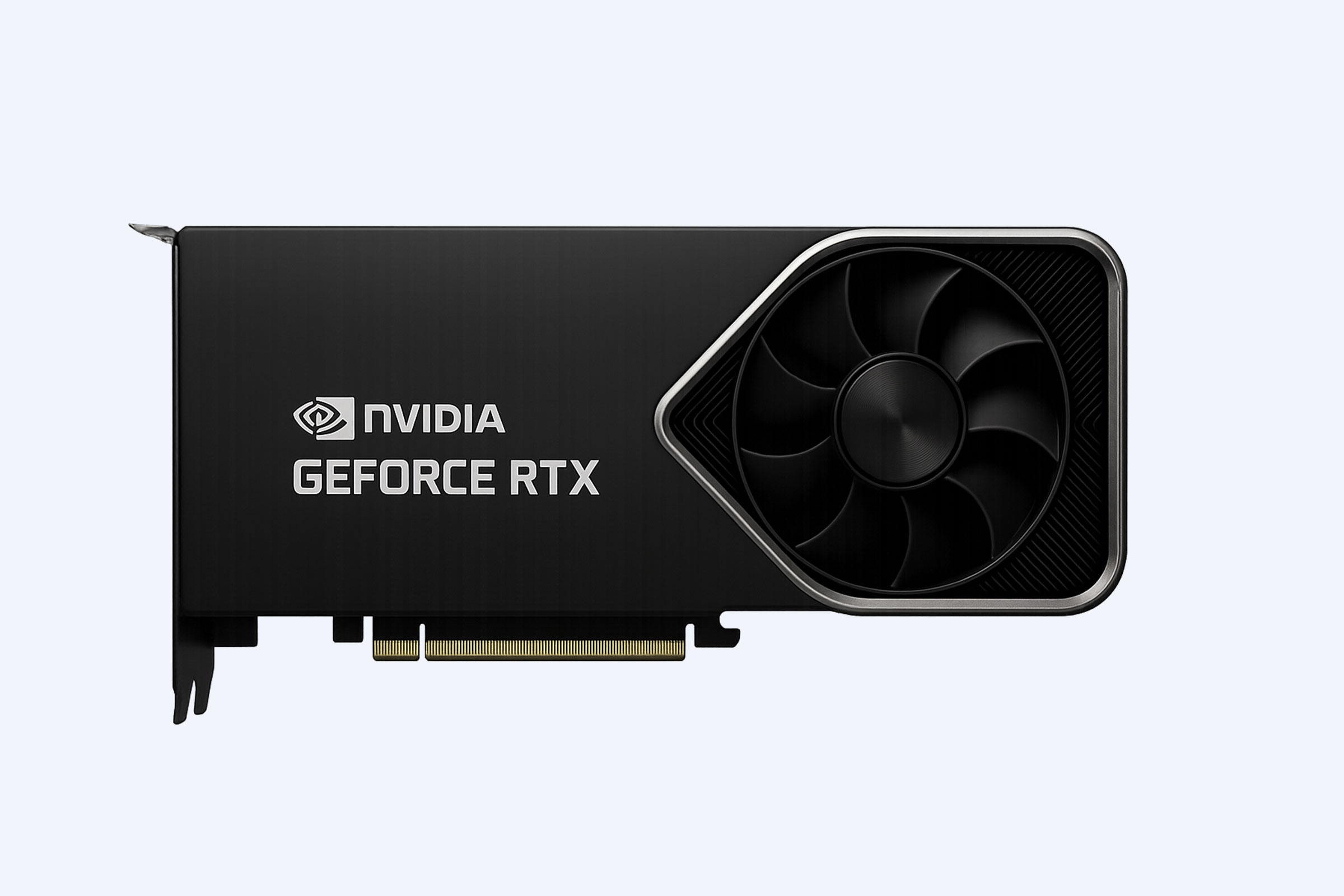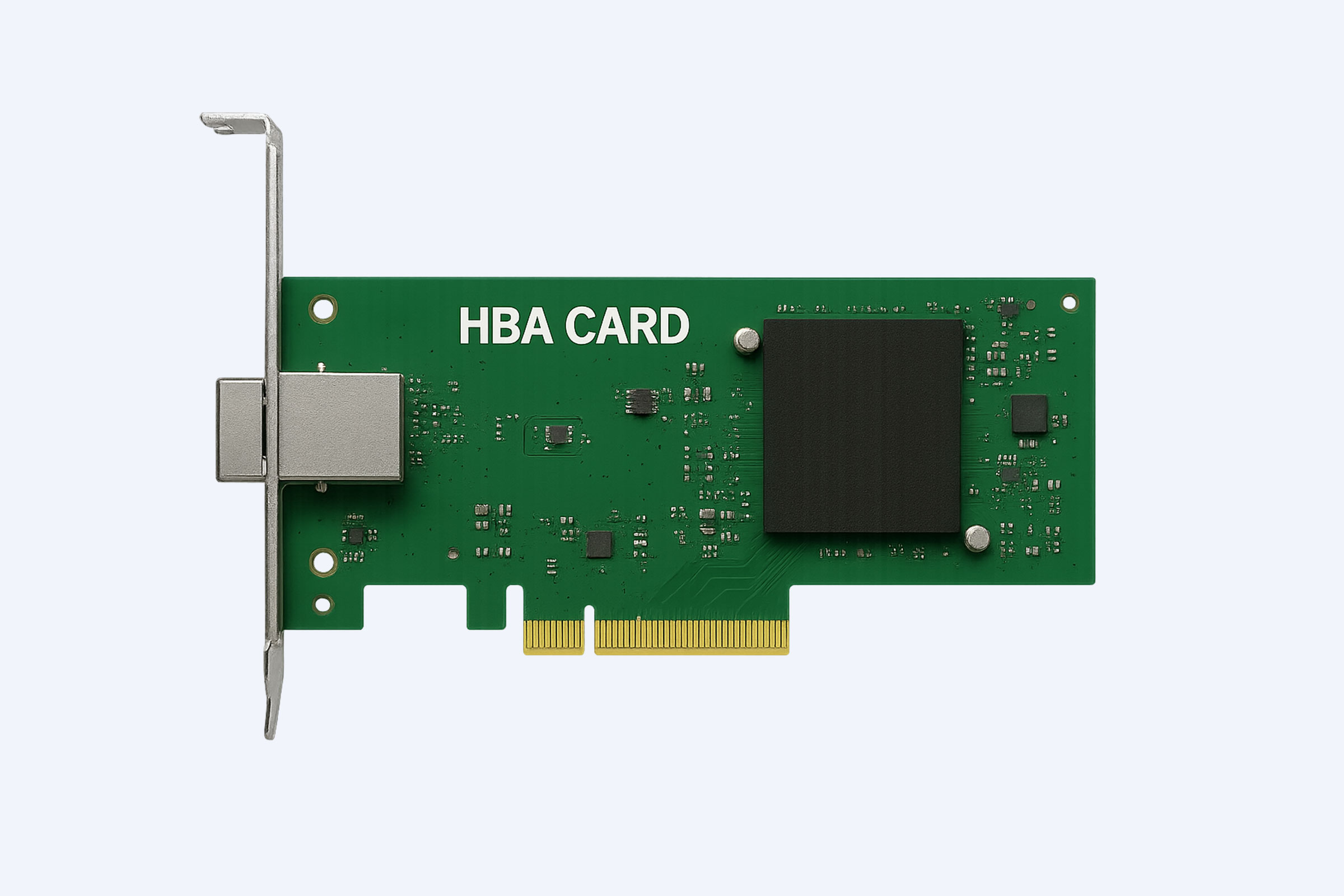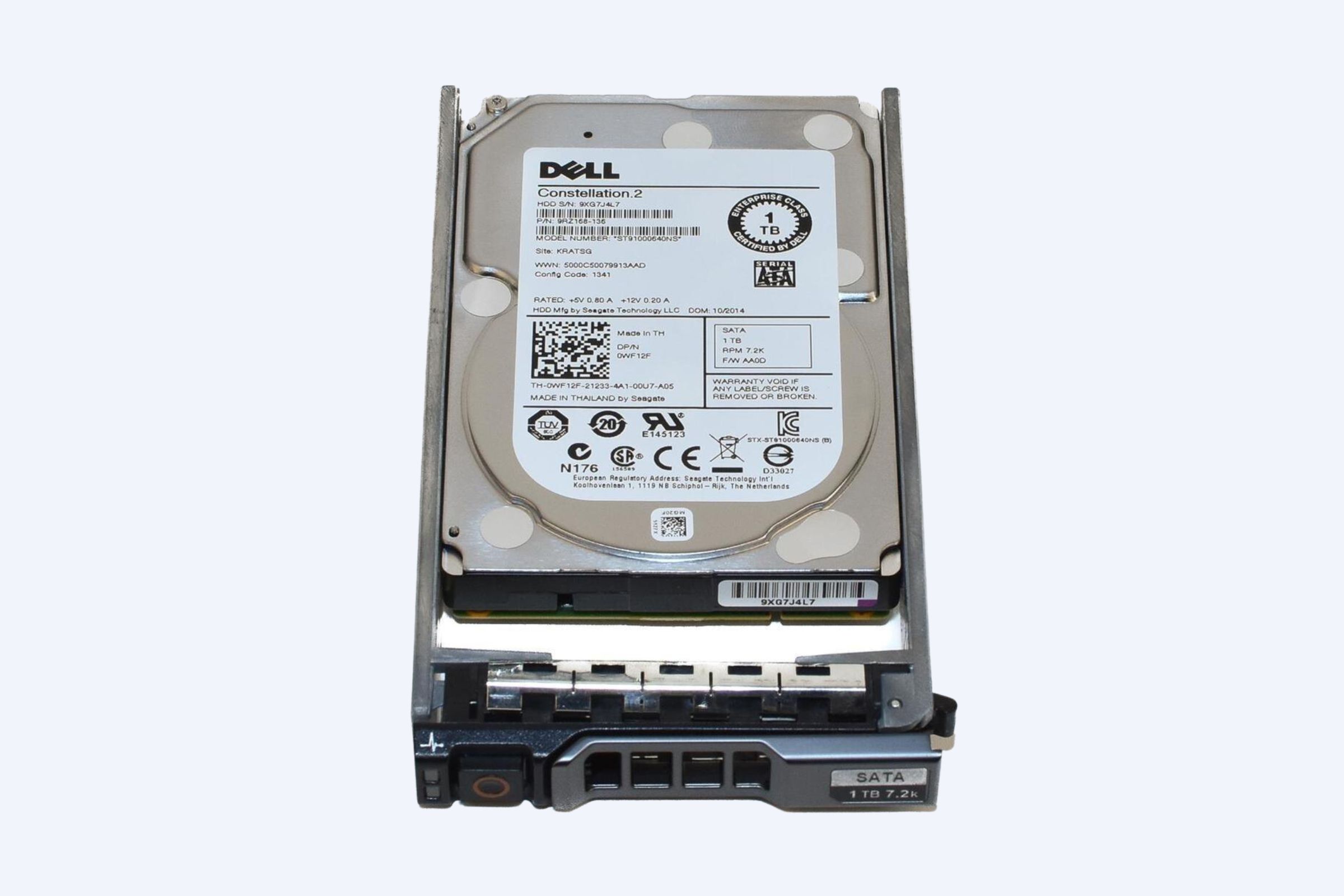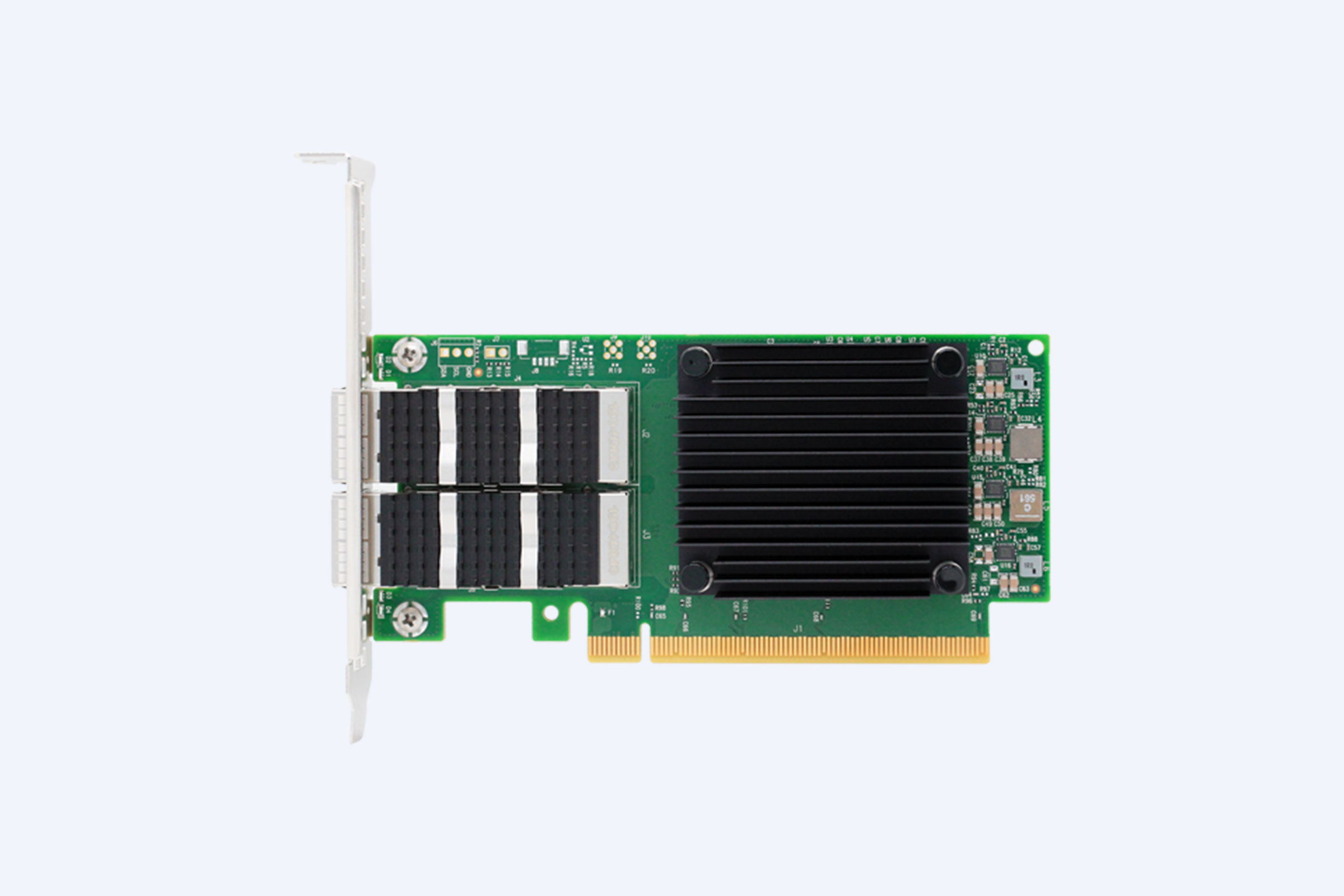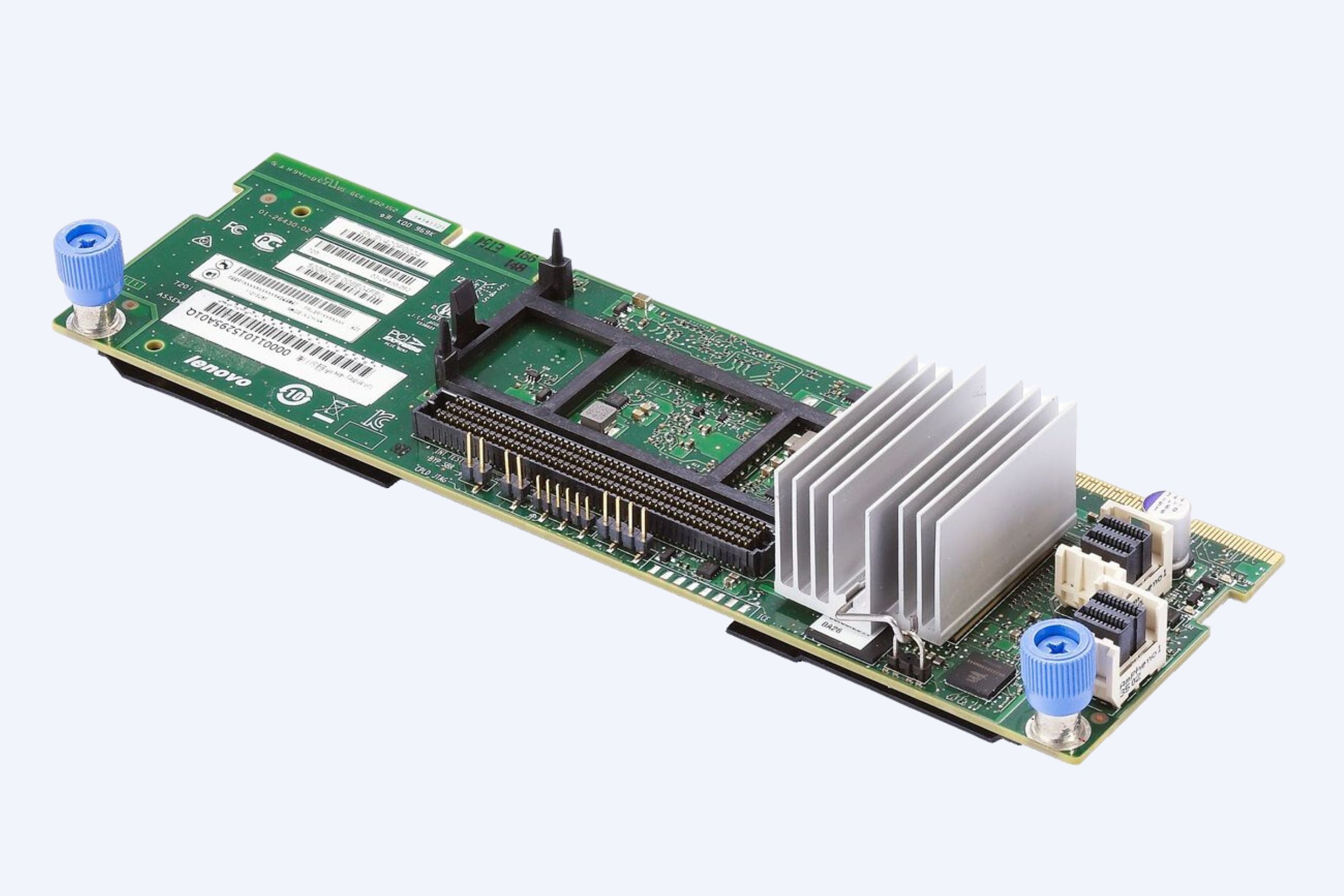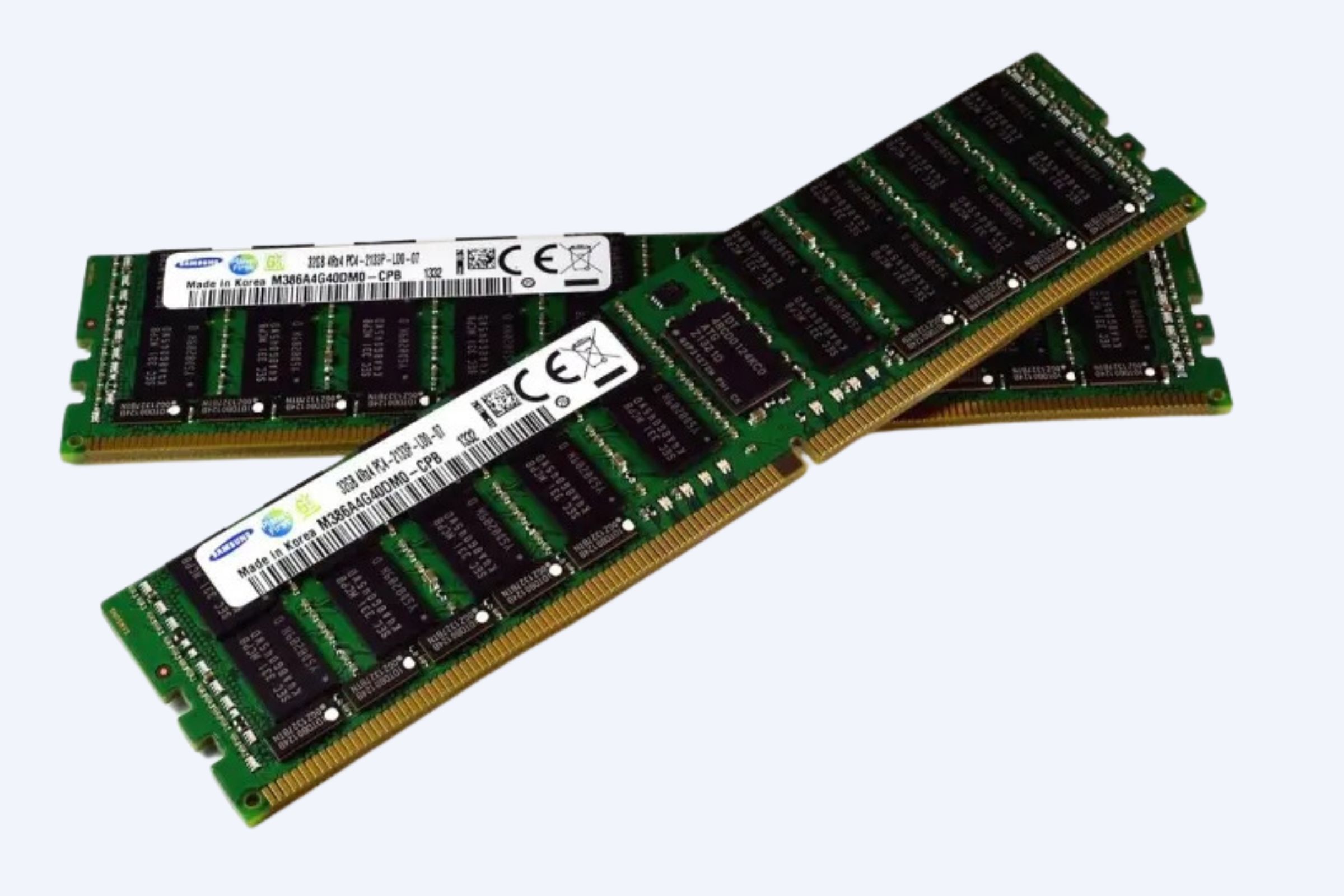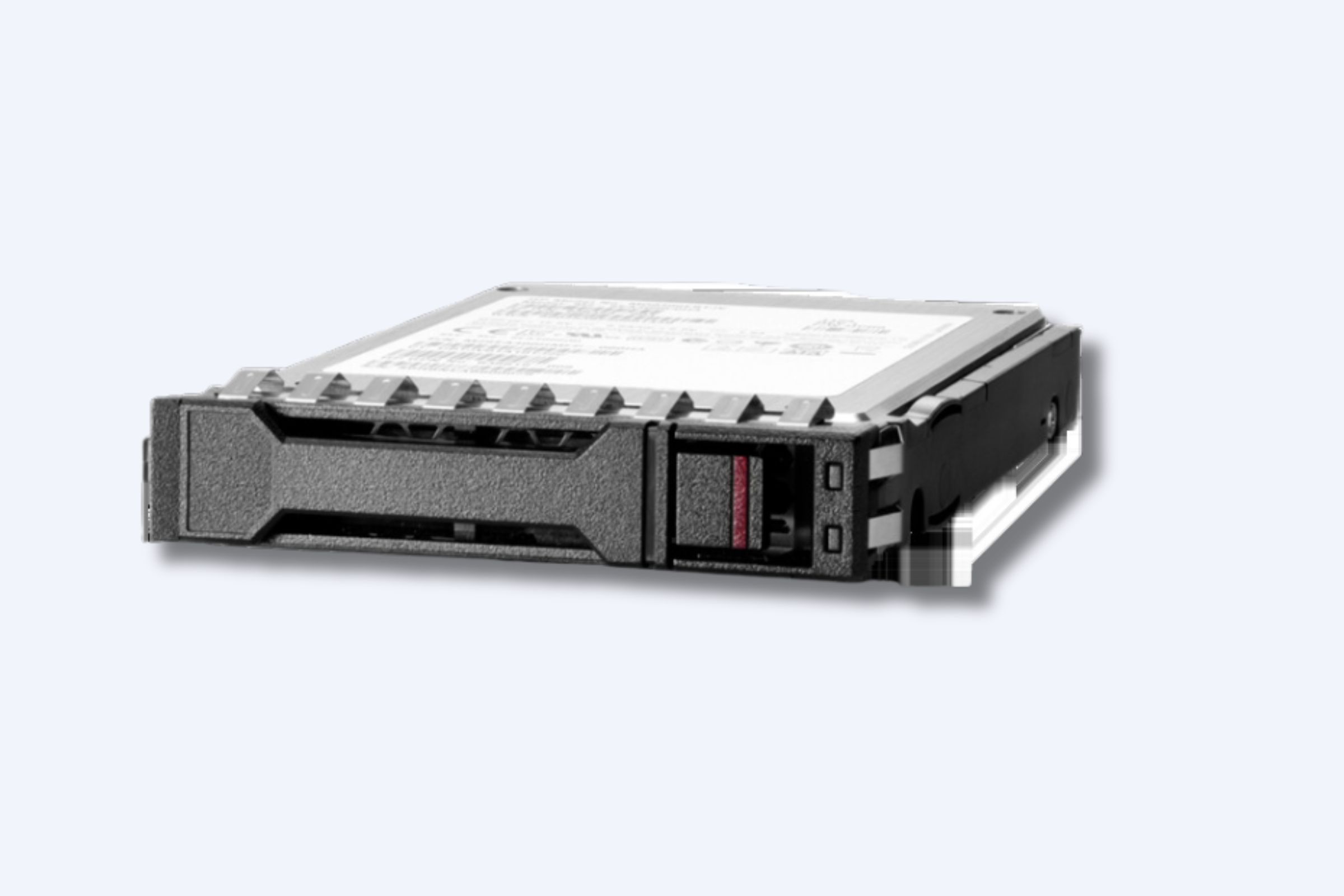Industrial UPS systems provide continuous power to servers, storage, and networking gear during outages, safeguarding data integrity and minimizing downtime. They deliver clean, regulated power, enable graceful shutdowns, and support seamless maintenance. As an authorized agent, WECENT offers reliable, OEM-backed UPS solutions that integrate with enterprise IT, virtualization, and data-center environments to ensure business continuity.
How Do Industrial UPS Systems Work in IT Environments?
Industrial UPS systems store energy in batteries, convert DC to AC, and regulate voltage to protect connected equipment. They provide surge protection, runtime for graceful shutdowns, and monitoring. WECENT supplies original UPS units from leading brands, with serviceable batteries and remote monitoring to ensure uptime.
Industrial UPS systems store energy, convert it to usable power, and regulate output to protect IT gear. They enable graceful shutdowns and continuous operation during outages.
How Should Organizations Choose an Authorized UPS Partner?
Choose a partner with proven enterprise experience, access to original equipment from trusted brands, and robust post-sales support. Look for OEM/customization options, warranty coverage, and compatible integration with virtualization, cloud, and data-center architectures. WECENT provides consultation, installation, and maintenance for end-to-end UPS solutions.
Select a partner with OEM capabilities, strong warranties, and comprehensive support for enterprise IT and data centers.
How Can WECENT Help with UPS Sizing and Redundancy?
Sizing requires considering load, peak demand, runtime targets, efficiency, and future growth. Redundancy options (N+1, 2N) protect against single-point failures. WECENT conducts capacity planning, energy management, and site assessments to deliver scalable, redundant UPS architectures.
WECENT guides you through load calculations, redundancy models, and scalable UPS architectures tailored to your data center needs.
How Do UPS Systems Integrate with Servers, Storage, and Networking?
UPS units connect to critical devices via power distribution, manage runtimes, and enable graceful shutdowns during outages. They integrate with management software, virtualization platforms, and remote monitoring. WECENT ensures compatibility with Dell, Huawei, HP, Lenovo, Cisco, and H3C hardware.
UPS integration coordinates power, monitoring, and shutdown sequences across servers, storage, and network gear.
How Do Battery Technologies Affect UPS Performance?
Battery chemistry (lead-acid, Li-ion) impacts runtime, depth of discharge, maintenance, and lifecycle cost. Li-ion offers higher energy density and longer life; lead-acid remains economical for many deployments. WECENT recommends OEM batteries with manufacturer warranties and regional service support.
Battery choice influences runtime, lifecycle costs, and maintenance; choose OEM batteries backed by warranties.
How Do Standards and Certifications Influence UPS Selection?
Key standards include IEC/UL safety, RoHS, and EMI compliance. Data-center-grade UPSes often align with Tier requirements and ITIL-friendly management practices. WECENT ensures products meet international compliance and comes with manufacturer warranties.
Choose UPS units meeting global safety, environmental, and performance standards with solid warranties.
How Does WECENT Differentiate as an IT Solutions Partner?
WECENT is a professional IT equipment supplier and authorized agent for Dell, Huawei, HP, Lenovo, Cisco, and H3C. We provide original servers, storage, switches, GPUs, and UPS systems with OEM/customization options, installation, and ongoing support. WECENT emphasizes secure, flexible IT infrastructure and rapid deployment.
WECENT offers original hardware, OEM customization, and end-to-end IT deployment and support.
How Should Enterprises Plan for Deployment and Service?
Plan includes site survey, power path design, UPS selection, redundancy, software integration, and a maintenance schedule. Training and knowledge transfer ensure operators leverage monitoring tools. WECENT covers project management, installation, and proactive support.
Execute a structured deployment with site assessment, redundant power paths, and ongoing maintenance from a trusted partner.
WECENT Expert Views
WECENT Expert Views: “In mission-critical environments, a balanced UPS strategy combines the right redundancy, scalable capacity, and intelligent monitoring. Our approach aligns with industry best practices and leverages OEM-backed hardware from leading brands to minimize risk and maximize uptime.”
WECENT Expert Views (quote)
“WECENT brings integrated power resilience by pairing premium UPS hardware with proactive service and true OEM backing, ensuring enterprise IT stays online through outages and maintenance windows.”
Architecture and Product Considerations
-
UPS architecture options: offline, line-interactive, online (double-conversion), and scalable modular designs.
-
Power distribution: rack PDUs, intelligent power strips, and cabinet-level power management integrated with monitoring software.
-
Remote monitoring: SNMP, web dashboards, and API access for automation.
-
Lifecycle management: battery replacement planning, environmental monitoring, and warranty management.
-
OEM customization: branding and hardware customization for wholesalers, system integrators, and brand owners.
Tables
Table 1: UPS Architecture Comparisons (selected features)
| Architecture | Efficiency | Runtime Flexibility | Typical Use Case | Maintenance |
| Online (Double-Conversion) | High | High | Data centers, critical apps | Moderate |
| Line-Interactive | Medium-High | Moderate | Small to mid-size offices, ROIs | Low to moderate |
Table 2: Key Attributes to Evaluate from OEM Partners
| Attribute | Why It Matters | How WECENT Delivers |
| Battery Life | Determines runtime and replacement cycles | OEM-backed Li-ion or lead-acid with warranties |
| Compatibility | Ensures seamless integration with hardware | Authorized agent for Dell, Huawei, HP, Lenovo, Cisco, H3C |
| Service Level | Impacts uptime and MTTR | 24/7 support, on-site options, maintenance agreements |
Conclusion
Industrial UPS systems are essential for protecting IT infrastructure against power interruptions. A well-planned UPS strategy reduces downtime, protects data, and enables graceful maintenance. Work with a trusted partner like WECENT to select OEM-backed, scalable, and service-oriented UPS solutions that fit your enterprise needs. WECENT’s expertise in enterprise servers and IT hardware ensures seamless integration with your IT stack and compliance with global standards.
FAQs
-
What is the difference between online and line-interactive UPS?
Online provides continuous power with double-conversion, while line-interactive offers energy-saving regulation with some downtime tolerance. -
Can WECENT customize UPS units for my brand?
Yes, WECENT offers OEM and customization options, including branded packaging and configuration. -
How often should UPS batteries be replaced?
Battery replacement depends on chemistry and usage; typical Li-ion life spans 5–10 years, while lead-acid may be 3–5 years. -
Do UPS systems support remote management?
Yes, many units include remote monitoring, SNMP, and API access for automation. -
What brands does WECENT support for UPS solutions?
WECENT is an authorized agent for leading brands and offers original UPS systems from top manufacturers.



